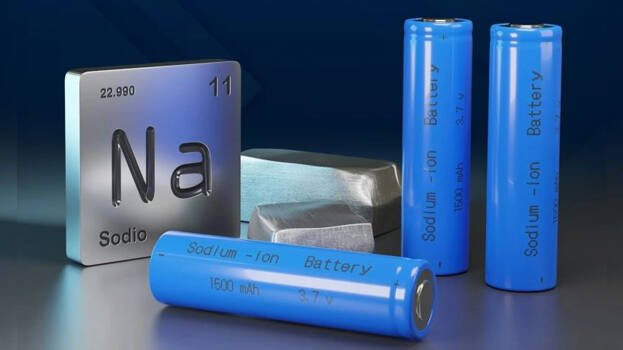

BENGALURU: India has indigenously developed a sodium-ion battery that will pave the way for a major leap in the electric vehicle sector.
While the lithium battery currently used takes hours to charge, the sodium-ion battery can be charged to 80 percent in six minutes. The battery price will also be much lower than lithium.
This feat was achieved by researchers at the Bengaluru-based Jawaharlal Nehru Center for Advanced Scientific Research. Apart from electric vehicles, sodium-ion batteries can also be used for solar grids, drones, and rural electrification.
A team led by Prof. Premkumar Senguttuvan and Ph.D. scholar Biplab Patra is behind this. The goal is to manufacture batteries indigenously under the Atmanirbhar Bharat Mission. The idea of sodium-ion batteries was proposed by researchers in the 1970s.
The invention is based on NASICON type chemistry, which is part of Electrochemical Materials. The super-fast battery was made using three processes: nano-sizing, carbon coating, and aluminium substitution.
China and automakers such as Volkswagen have tested sodium-ion batteries. Currently, the lithium needed to make batteries is mainly imported from China.
Safe
• Can be charged more than 30,000 times
• Longer life and safer than lithium batteries
• Eco-friendly and cost-effective
• Higher charging capacity
Not harmful to the environment
Lithium-ion batteries are harmful to the environment. The process of separating lithium is also harmful to the environment. At the same time, sodium can be separated from brine at will. There is nothing harmful to the environment.